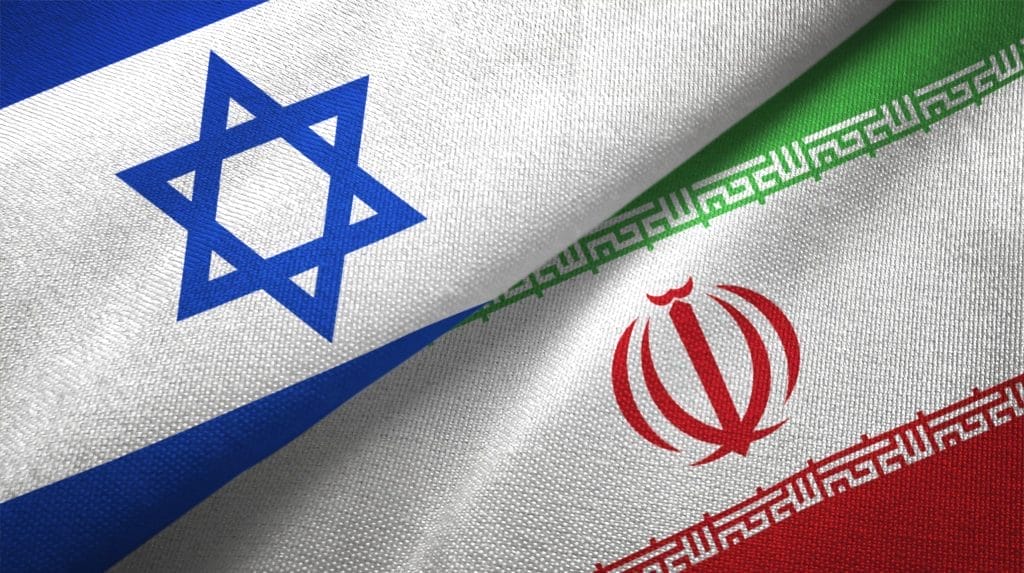
Last week, Israel began its attack on Iran. Nuclear sites, strategically important locations, and the places of work or residences of the heads of the Iranian Islamic Republic were the main targets of the bombing campaign.
Some key figures of the Iranian regime have been killed by the attack, which involved more than half of Israel’s air force, reportedly 200 aircraft sent in at least two waves. Among others, Hossein Salami, commander of Iran’s Islamic Revolutionary Guard Corps, Mohammad Bagheri, Chief of Staff of the country’s armed forces, and G. Rashid, the deputy commander of the Iranian armed forces, General Amir Ali Hajizadeh, commander of the IRGC aerospace force, and several nuclear scientists have been eliminated during the strikes. The residence of regime leader Khamenei was targeted as well, but there is no confirmation of the effects of this attack.
Iran responded by launching several missiles, including ballistic ones, but the vast majority were intercepted by Israel’s “iron dome” protective systems. Nonetheless, some reached Tel Aviv. Iran promised an even larger retaliation, as Israeli strikes are likely to continue for a few more days at least, and potentially for weeks. Further escalation is likely as time goes by. But let’s try to answer some of the most pressing questions at the moment.
Why did Israel strike now? Among the various reasons for doing so, the key one is that Iran and the US were on the verge of signing a new version of the JPCOA, as we discussed in an in-depth report. Israel was unlikely to be satisfied with this deal, which would recognise the current regime, and give it a lifeline for a bit longer. These strikes clearly sabotage the deal.
What are the immediate objectives? The first objective of the strike was to neutralize the nuclear sites where uranium is enriched and had been getting closer to reaching “breakout capability” — which would have allowed Iran to build a nuclear weapon in the space of two weeks. The International Atomic Energy Agency (IAEA) announced earlier this week that Iran had violated its commitments under the Nuclear Non-Proliferation Treaty. Reportedly, the attacks on Natanz, a multistorey enrichment area with centrifuges, electrical rooms and other infrastructure have severely damaged the underground area of the site. It remains to be seen whether these strikes will have irremediably compromised Iran’s nuclear program or only temporarily stopped it.
What are the longer-term objectives? In the last few months, Israel’s PM Netanyahu appealed directly to the Iranian population, exhorting them to rebel against the regime, and this message was repeated yesterday. Ideally, if the population wanted to rebel after several years of economic difficulty, this would be the right time to do so, as the regime has been decapitated and its ability to resist would be severely diminished. But the Iranian population, which is very patriotic, may paradoxically rally in favour of the dwindling system, in a gesture of national pride. Regime change may be an objective, but realistically, Israel is likely aiming at weakening the Islamic Republic and reducing its influence in the region after having targeted its proxy agents, i.e. Hamas in Gaza, Hezbollah in Lebanon and the Houthis in Yemen. If the regime were to collapse, it’s not clear who could replace the Ayatollahs in power.
Is the US involved in the attacks, or will it soon be? The US was informed about Israel’s intentions: President Trump himself said, a couple of days prior to the attack, that Israel was likely to attack. But most likely the US was not directly involved in this first phase of the conflict, as they were conducting diplomatic talks with Iran on the nuclear deal. If the conflict continues and escalates further, US logistical support will be likely needed by Israel. It’s an open question whether the US will directly participate in military operations.
More in-depth analysis will follow, with a report that we will publish next week. For the time being it’s obvious that both Israel and Iran are fighting for their survival. And this seems to be the pre-condition for further escalation in the coming days.